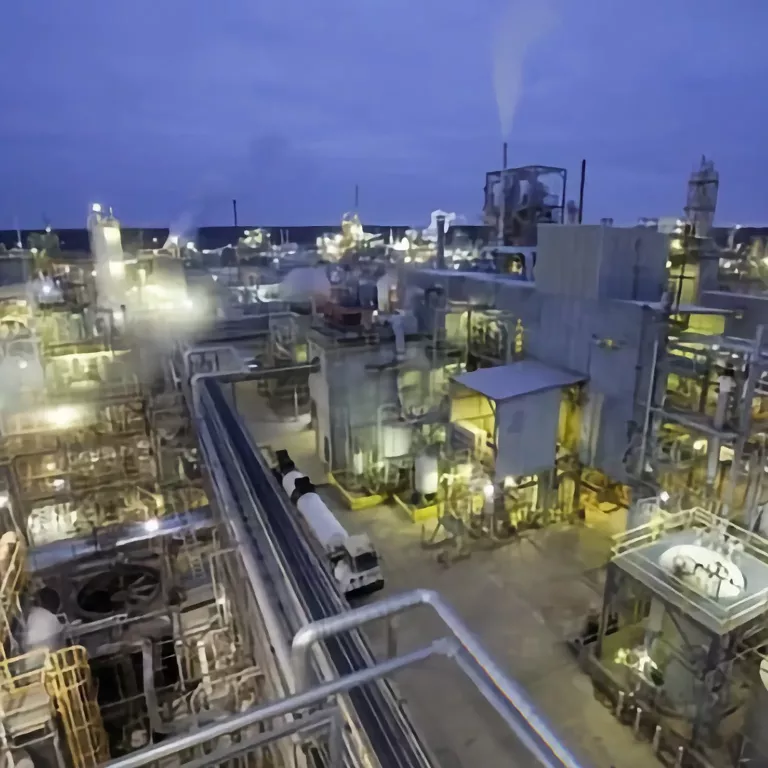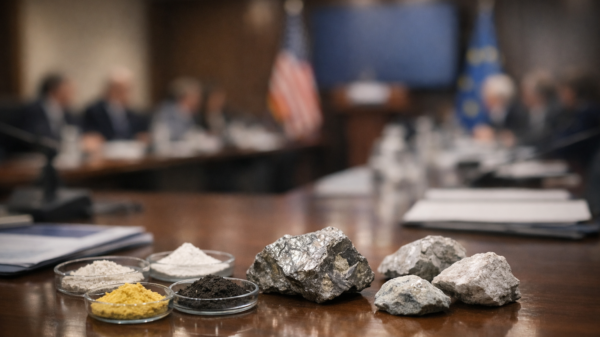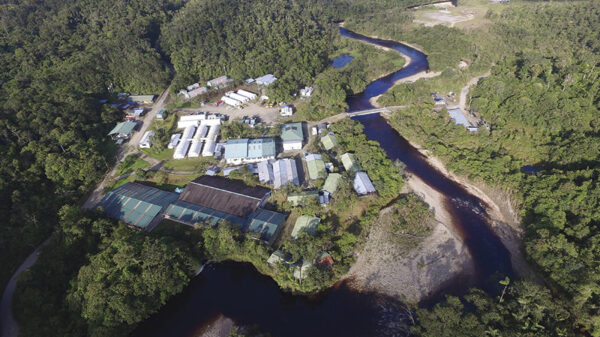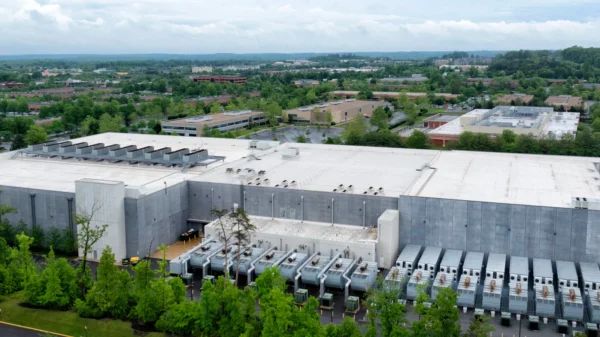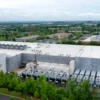Albemarle Corporation (NYSE: ALB) is scaling back its refining catalyst operations to strengthen its balance sheet as weak lithium prices continue to pressure profits.
The Charlotte, North Carolina-based company said Monday it will sell a controlling stake in Ketjen Corp.’s refining catalyst solutions unit to private equity firm KPS Capital Partners LP. It will also divest its 50 per cent interest in the Eurecat joint venture to French firm Axens SA.
The two transactions are expected to bring in about USD$660 million. Albemarle intends to use these to cut debt and support general operations. Lithium prices have stayed low amid a global oversupply, squeezing margins for producers and forcing cost-cutting measures across the sector.
Albemarle will keep 49 per cent ownership in Ketjen’s refining catalyst business and full control of its performance catalyst segment. Furthermore, this includes a plant in Pasadena, Texas. Goldman Sachs acted as Albemarle’s exclusive financial adviser, while K&L Gates LLP handled legal counsel. The company anticipates both deals will close in the first half of 2026.
“Albemarle’s retained stake in Ketjen highlights our belief in the business’ earnings growth and value creation potential under KPS’ direction, and we look forward to partnering with them in driving Ketjen’s next phase of growth,” said Kent Masters, Chairman and CEO of Albemarle.
“These transactions align with Albemarle’s strategic priorities to focus on our core businesses and competencies, improve financial flexibility, and streamline operations.”
Eurecat specializes in regenerating spent catalysts and offers services for refining and petrochemical industries. The divestments reflect Albemarle’s efforts to refocus on its lithium business and improve cash flow amid a challenging market environment.
Read more: American Battery Tech stock slides after loss of US$58M DOE grant
Read more: USA Rare Earth jumps up 23% after White House talks reveal
Supply glut projected to last another five years
The global lithium market is struggling with an oversupply estimated at about 150,000 tonnes, keeping prices under pressure. The imbalance stems from a rapid expansion of new mines and processing facilities combined with slower-than-expected demand growth in key markets like China and the United States.
Sociedad Quimica Y Minera de Chile (SQM) (NYSE: SQM) has responded by cutting costs, and reducing its Chilean workforce. Furthermore, it’s maintaining long-term production targets of roughly 240,000 tonnes of lithium carbonate equivalent by 2026.
Meanwhile, Rio Tinto Group (NYSE: RIO) has taken a counter-cyclical approach. It’s expanded its portfolio and invested further into direct lithium extraction technologies to prepare for stronger demand in the future.
The lithium supply overhang results from the expected appetite for EVs that has yet to fully appear.
The EV boom has driven strong long-term lithium growth forecasts, but the market now faces a sharp imbalance. Global EV sales climbed past 17 million units in 2024 and experts project them to exceed 20 million units in 2025. Meanwhile, a 22 per cent surge in mine supply last year outpaced demand, pushed prices lower, and increased the oversupply.
Lithium industry experts at Fastmarkets’ Lithium Supply & Battery Raw Materials conference warned that the imbalance could last until at least 2030.
As a result, lithium prices remain under pressure despite strong EV adoption. A meaningful rebalancing will likely require delays in new supply expansions, mine closures, and stronger-than-expected demand growth — potentially in the second half of the decade.
.

